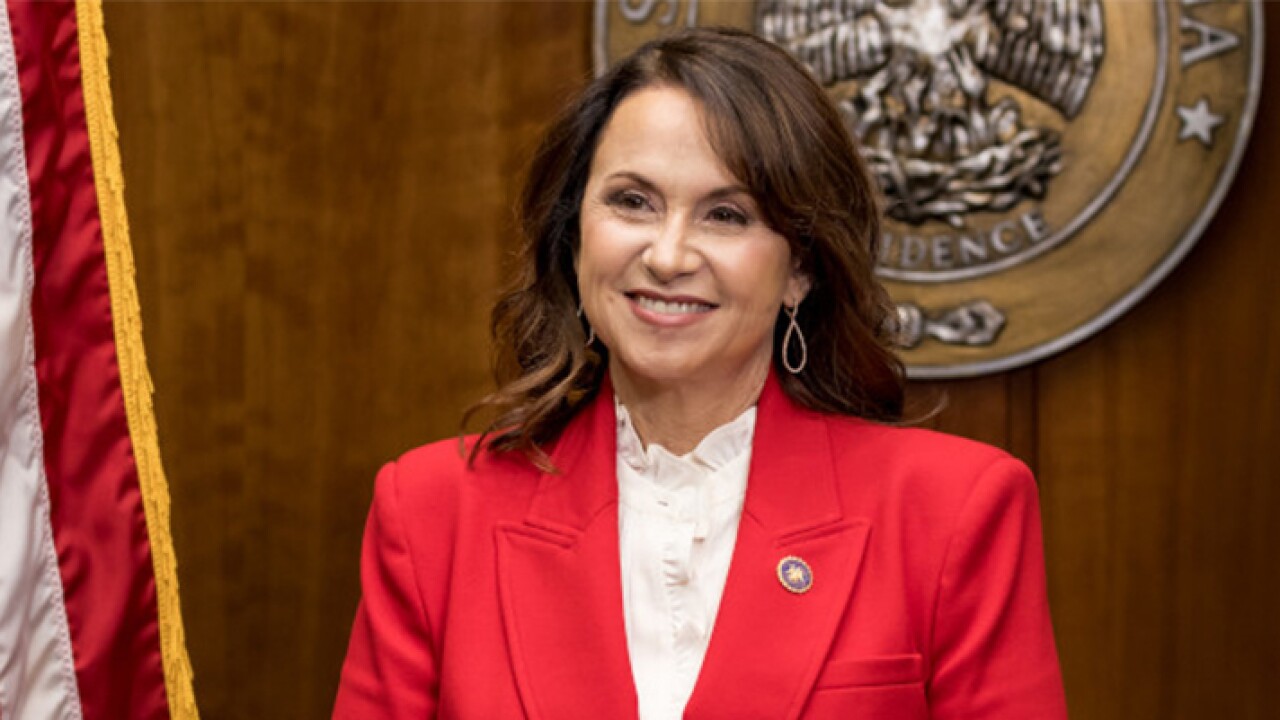
CHICAGO – The junk-rated Chicago Public Schools returns to the market next week with a $426 million sale, tapping a portion of its more than $1 billion of new money and refunding authority approved by the board in 2015 and 2016.
JPMorgan and Loop Capital Markets LLC are leading the deal. JPMorgan ran the books on the district's sale early this year and directly purchased bonds from the district over the summer.
Fitch Ratings published a review on the $426 million sale Monday, assigning a B-plus rating and negative outlook and affirming the same rating on $7 billion of outstanding debt.
The sale offers five series including two unlimited tax general obligation refunding series for $46.4 million and $94.8 million. New money will be raised in tax-exempt series of $141.2 million and $21.9 million and $122 million of taxable bonds.
All five series are further backed by a "dedicated revenues" pledge.
The bonds are payable from state aid. The district has traditionally structured its bonds as GO-backed alternate revenue bonds often with state aid cited as a pledged revenue stream although it can tap any available revenues.
Schools chief Forrest Claypool has said the district would tap a $45 million dedicated capital improvement property tax levy the city council approved last year for upcoming borrowings, but the sale does not reflect that pledge, Fitch said. The district said the deal is tapping bonding authority recently approved by the board and approved last year.
Proceeds of the coming deal will fund capital projects, convert floating-rate paper to fixed-rate, and reimburse the district for swap termination payments. Prior downgrades had triggered termination events on swaps tied to its floating-rate paper. The district also will capitalize interest.
New money will pay for computer and technology equipment. "CPS is refunding and completing portions of the fiscal year 2016 plan of finance, including reimbursements for prior costs and new money capital. CPS expects to refinance $160 million in bonds at 9 % to a lower rate," said district spokeswoman Emily Bittner.
Fitch said its B-plus rating reflects "chronic structural imbalance, slim reserves and weak liquidity position which are exacerbated by rising long-term liability costs, a historically acrimonious labor relationship and the lack of an independent ability to raise revenues."
The rating review is the district's first since staving off a threatened teachers' strike with a last-minute contract agreement that teachers ratified last week.
"The teachers' contract was recently settled on terms less favorable than the district budgeted for, but more favorable than the previous contract," Fitch wrote. The contract will cost the district $55 million more than originally budgeted for in fiscal 2017, rising to $100 million in the last two years of the four-year deal. The fiscal 2017 expense is being covered by additional tax-increment financing surplus funds – a "one-time revenue source" Fitch noted -- freed up by Chicago.
The district relented in its efforts to shift its 7% coverage of teachers' 9% pension contributions over to teachers, but the union agreed to raises lower than the district offered in a January contract proposal. The pension pickup will end for new teachers but they will receive a 7% hike in their base pay and all will pay more toward healthcare coverage.
Despite the increased budgeted cost, the district sought to highlight that the overall expense is down from past contracts although those deals were reached during better fiscal times.
The deal will also be the district's first public offering after it struggled to sell bonds early this year. It paid a punishing rate of 8.5% after delaying and scaling back the size of its last issue in the public markets and on a summer private placement it paid a rate of 7.25%.
The district is coming to market with some solid fiscal gains but ongoing uncertainty over some budgeted revenues and a precarious cash flow position.
"Reliable market access is important to near-term stability. Fitch will monitor the district's ability to access external financing for both liquidity and capital purposes," analysts wrote. "Financial operations are strained, structurally imbalanced and reliant upon year-round cash flow borrowing."
Cash flow borrowing is rising from $1.06 billion in fiscal 2016 to $1.55 billion this year. A $475 million line of credit is in place with the remainder under negotiation, Fitch said.
The district chipped away at a $1.1 billion deficit with $130 million from a one-time increase in state aid, passage of a $250 million property tax levy for teachers pensions, and $81 million drawn from its nearly drained reserves.
The district is also relying on $215 million in state aid for teachers' pensions that is "speculative" and depends on state passage of pension reforms when lawmakers return to work early in 2017. Cuts make up much of the balance of the deficit plan. The district is carrying about $9 billion of unfunded liabilities in a system that is 52% funded.
Property taxes provided about 46% of the district's revenue and state aid 32% in fiscal 2015 with 50% of funds devoted to instruction, 15% to general support services, 10% to pensions, 8% to debt service and 6% to capital outlay, Fitch said.
Moody's Investors Service recently dropped the district further into junk, to B3 from B2, and maintained a negative outlook. The board's debt is rated B-plus by S&P Global Ratings and carries a low investment grade rating from Kroll Bond Rating Agency. All assign negative outlooks and S&P has the credit on negative watch.
The offering statement is expected to be released later this week. Public Financial Management, Phoenix Capital Partners and Mohanty Gargiulo are advising the district and Katten Muchin Rosenman and Pugh Jones & Johnson are bond counsel.





